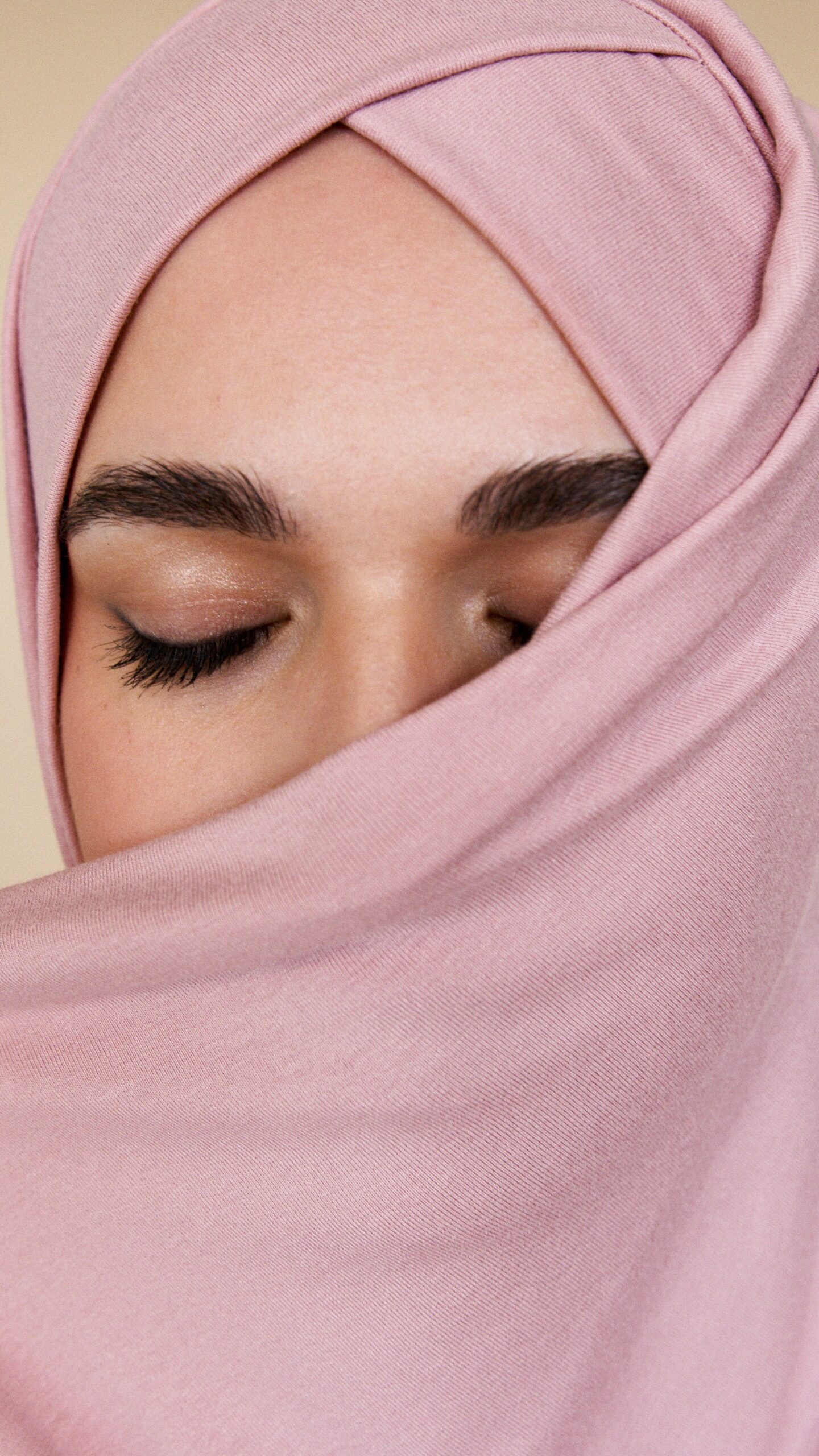 What to do if you are harassed at work
What to do if you are harassed at work
Imagine this. You discover a WhatsApp group dedicated to racially abusing you and a colleague.
That’s what happened to Ms M Abdi. Here’s the story.
In 2017, Ms Abdi joined Deltec International Courier Ltd in Hounslow, Middlesex as an operations clerk.
In August 2018, there was a discussion that developed into a “heated argument” during which two colleagues told her “the majority of crimes in England are made by black people” (despite them finding no evidence of this claim on the internet).
Shortly afterwards, Ms Abdi discovered a WhatsApp group chat which included her line manager, Simon Hocking, and the colleagues involved in the argument.
She is of black Somali origin, moved to the UK as a child, and wears a hijab – the only member of the group to do so. The messages in the chat referred to her as a “terrorist”, a “postbox” and suggested she should “suffer”.
Ms Abdi took screenshots of the chat and complained to Mr Hocking, who replied: “I hate racism [but] all that’s going to happen is it’s going to be you and [another colleague] versus them three, and it’s going to go around in circles”.
Later, she later found the WhatsApp group name had been changed to “ALHAMDULLAH” and the icon was changed to a picture of a black hijab. There were more racist messages about her and another colleague. Again, she took screenshots.
She sent the screenshots to a senior member of staff who forwarded them to chief executive, Mr Cunningham. He described the chat as having: “extremely inappropriate and foul language [with] derogatory and deeply unpleasant comments about [Ms Abdi and another colleague]”.
While he investigated, Cunningham moved Ms Abdi and the other colleague to an office away from those in the chat. Mr Hocking was given a final written warning and two members of the group (who were on their probationary period) were dismissed.
However, Ms Abdi said Mr Hocking and the remaining members of the WhatsApp group would come into her office and stare at her “with smirking faces”.
She resigned in September 2018 and made a claim for unlawful harassment on the grounds of sex, race and religious belief.
The case was heard in late 2020. The tribunal said the WhatsApp discussion was “highly offensive and threatening” and violated her dignity, also, that the company’s response had been “inadequate”.
She was awarded £24,945.72 for injury to feeling and financial losses.
What this means to you
Creating or allowing an “intimidating, hostile, degrading, humiliating and offensive environment” at work is against the law.
If you suffer “workplace banter” based on a protected characteristic, you can make a claim and may win compensation, even if colleagues think they are being amusing.
Protected characteristics under the Equality Act 2010 include: age, disability, gender reassignment, marriage and civil partnership, pregnancy and maternity, race, religion or belief, sex, and sexual orientation.
We are employment lawyers who only ever act for employees. Talk to us early on, and we’ll let you know your chances of winning your case.
Related reading
- Racial discrimination: Have you been harassed?
- “I’ve been harassed by my boss”
- “I’ve been racially harassed”
Need help?
For a free initial review of your case, call 0808 168 7288 or complete a Free Online Enquiry.
We have already helped thousands of people to win millions of pounds in compensation.
You have a choice of ways to pay, including ‘no win, no fee’.
